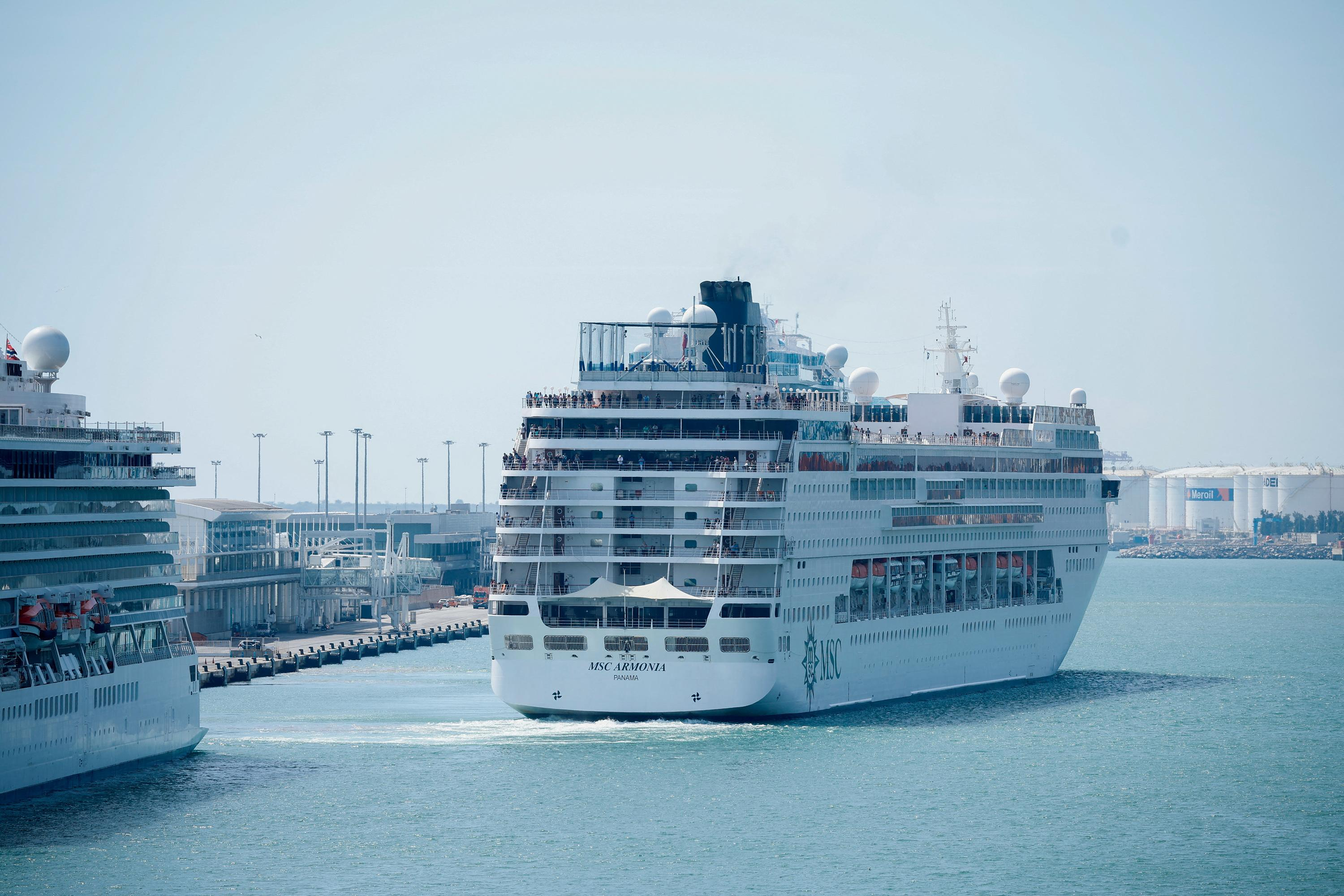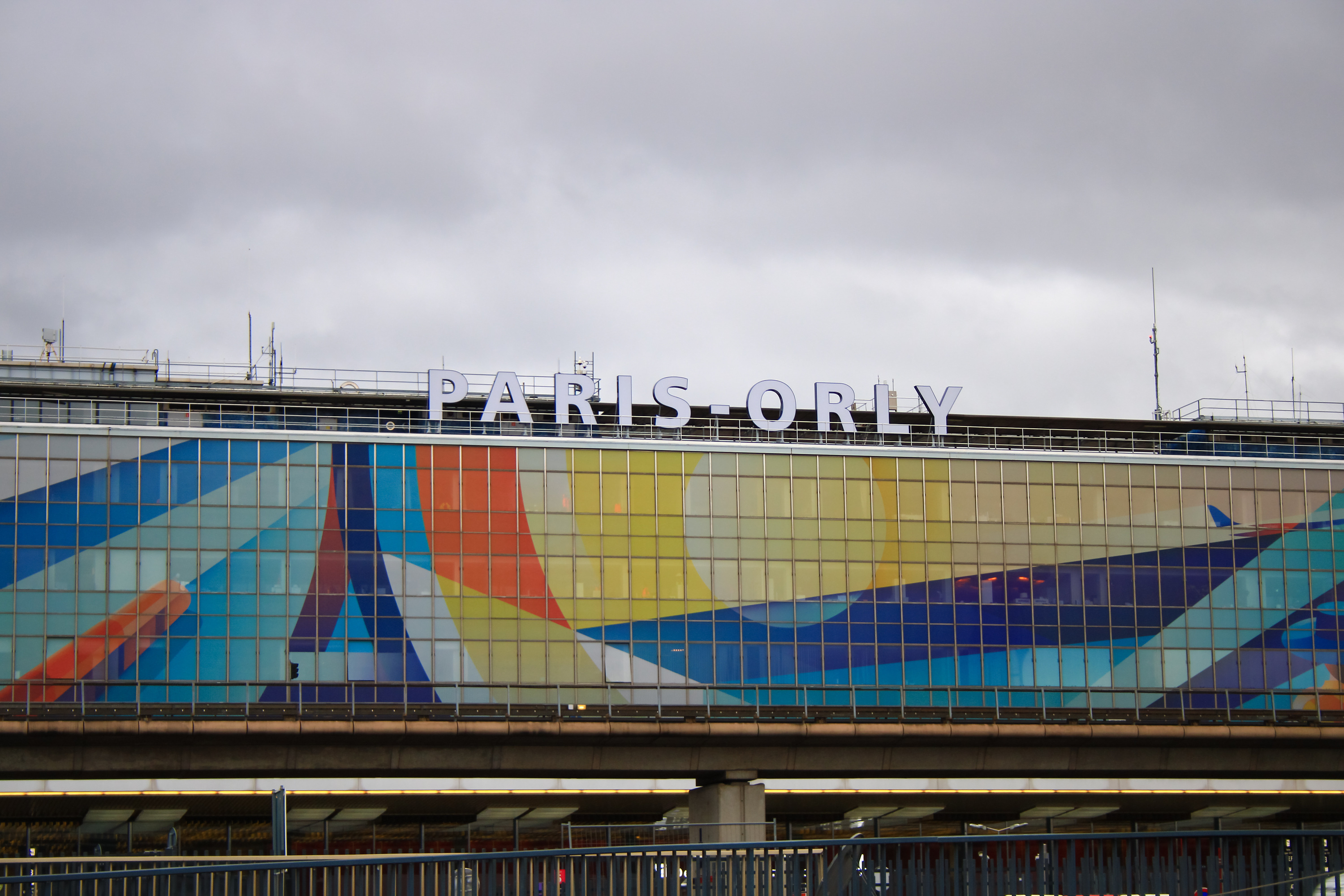It is simply faster for the hand. From the beginning it was a habit: when Michael Ondaatje found the writing was with pen and paper he wrote. Then it was poems. Then it went years and he continued to write by hand. Now it takes too long time for him to write on the computer.
" May I look at your handwriting? he says and turns in my mind map with questions. Is it legible?
I say that I have often been told that it is not. Nonsense, says Michael Ondaatje. It go the particular to see what you write. You would only see my!
he picks up a small notebook. It is a thin, brown notebook without the stripes. The text spreads out on the sides. Vertically. In a horizontal position. Circular. It is a handwriting of someone who has written the entire life. The letters go into each other on the paper.
The renowned writer smiles wide when I recognize me there.
"It's probably just me that can read what it says," he says. And possibly one of my publishers.
Michael Ondaatje debuted in 1962 with a collection of poems. When he was nineteen years old and had just moved to Canada from England and started to study. The mood in Toronto was more relaxed than in the högkulturella London. Where all seemed to be poets or artists or writers. In Toronto where the sheet will be empty: it was just to fill in and Ondaatje was able to create a whole new identity.
he found the writing. The eyes light up when he remembers his first teacher.
– Our teacher in English literature was amazing! He said not for us to write poetry, it had probably not worked. Instead, he held up a book and said, this is the poetry of the poet Robert Browning. Then he put down the book on the case and recited the four-minute poetry from memory. After that, everybody wanted to be poets!
since Then it has Ondaatje written thirteen volumes of poetry, the most recent came out in 2006. The language is simple and similar to it in his novels, but in the poem his own, I take up more space.
" That is true. My poetry is my most personal writing. Where there are no points to find on.
When Ondaatje is talking about poetry, it sounds like an apology. Poetry is not huge and pompous, he says. The best kind of poetry is actually simple sentences that clarify the reality – not the other way around.
the Desire to write great in simple sentences feels again in his novels. In ”The English patient” which came out in 1992 and took bokvärlden with the storm, the premise is simple: a oidentifierbar soldier arrives to a hospital in Italy. He is so brännskadad that it is not possible to see who he is. Just one thing know Hana, the nurse who takes care of him – he is from England.
" I heard in my head a conversation between a nurse and a patient in a dim room and became curious. What were they? How had they ended up there? I wanted to know more and continued to write. It was all I knew when I started writing ”The English patient”.
Michael Ondaatje met with enormous success with ”The English patient”. Photo: Beatrice Lundborgmore by that write will return Michael Ondaatje often during our conversation. Unlike other literary giants, he plans very little before he starts on a novel. He has with him from poetry. When you write a poem, one never knows where one will land. In the same way he takes on the prose.
In the novel ”Lyktsken” that are now coming out in English was all Ondaatje knew when he started writing the book's first sentence: ”in 1945, traveled with our parents away, and delivered our care for two men who possibly was a criminal.”
– the Sentence came to me, and it was not possible to get rid of it. The premise of it all – that two parents just leave their children and go away was so concrete. Maybe it was the too abrupt to use in a book I thought, but as the first sentence then? Perhaps it would work. So I continued to write.
a book of 271 pages, which feels big and bulky. The story is set in London in the 50's, in the post-war both relief and confusion. Nathaniel and Rachel are siblings with a year between them, and one day leave all of a sudden their parents have them. They'll travel away in the job, it is said, on a mission far too important and far too complicated to explain to the two children. The solution is to a man the siblings call Nattfjärilen moves into the house to take care of the children. He has something skugglikt over itself, and it is soon clear that he lives in society intervals.
" I learned so much when I wrote this novel! I went to London and sat in the archives in the days and read about the war, the time afterwards, but also of the Thames. About how boats had to run with weak lights to not get hit by the bombs. I knew nothing about before.
When the Oscars were held, I was in Guatemala and did research, my thoughts were entirely in it. Had it been my first book, I had probably gone under.
– No, I do not actually believe it. It is perhaps a little strange? But I am often the director when I write prose – not a part of the ensemble.
He stops. It is seen on the bushy eyebrows that he's thinking.
" My own family was very different from this book's family. My mother was very much present and involved in my life. So, it was different.
When Michael Ondaatjes name is mentioned it is often in the dense sequence of three different things: the violence occurrence in his novels, his stylistic sharpness, and the novel ”The English patient”. The book won the fine the Man Booker prize and was made into a film with, among others, Juliette Binoche, Ralph Fiennes and Kristen Scott. It won nine academy awards.
- When ”The English patient” broke through I was already on to writing the next book – ”Anils shadow”, thank goodness for that. I think I had gone crazy otherwise. When the Oscars were held, I was in Guatemala and did research, my thoughts were entirely in it. Had it been my first book, I had probably gone under.
Returning in Michael Ondaatjes writing is that he's drawn to the historical. The second world war Italy, post-war London, the 50-century Sri Lanka. The present is absent.
– Today's world is totally upside down. We have a terrible ensemble of characters leading the world – from Benjamin Netanyahu to the Trump. So of course I am aware of the present. But it is true that I have a hard time writing about what's going on now, perhaps it is a weakness. But the present is so fluid that it is difficult to get hold of it. Everyone changes the rules every day. In this way, it is post-war London easier to get a grip on.
With thirteen collections of poetry, seven novels, a book about Leonard Cohen, the plays and prizes in the baggage is the writing long ago Michael Ondaatjes life. It began with the poems of the hand at the university was his life. But if he someday will return to the poetry he does not know.
" I hope that I will write poetry again. But I don't know if I'm ready. Poetry for me is a very intimate way to think and see the world. I'll see if I succeed with it again.
But it would get him out of nothing, he is ready. In your shirt pocket is always the brown notebook.
also, Read the Aris Fioretos, a review of ”Lyktsken”

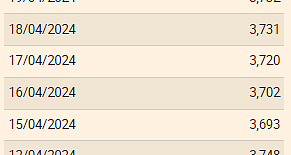 The Euribor today remains at 3.734%
The Euribor today remains at 3.734% Germany: the trial of an AfD leader, accused of chanting a Nazi slogan, resumes this Tuesday
Germany: the trial of an AfD leader, accused of chanting a Nazi slogan, resumes this Tuesday New York: at Columbia University, the anti-Semitic drift of pro-Palestinian demonstrations
New York: at Columbia University, the anti-Semitic drift of pro-Palestinian demonstrations What is Akila, the mission in which the Charles de Gaulle is participating under NATO command?
What is Akila, the mission in which the Charles de Gaulle is participating under NATO command? What High Blood Pressure Does to Your Body (And Why It Should Be Treated)
What High Blood Pressure Does to Your Body (And Why It Should Be Treated) Vaccination in France has progressed in 2023, rejoices Public Health France
Vaccination in France has progressed in 2023, rejoices Public Health France Food additives suspected of promoting cardiovascular diseases
Food additives suspected of promoting cardiovascular diseases “Even morphine doesn’t work”: Léane, 17, victim of the adverse effects of an antibiotic
“Even morphine doesn’t work”: Léane, 17, victim of the adverse effects of an antibiotic MEPs validate reform of EU budgetary rules
MEPs validate reform of EU budgetary rules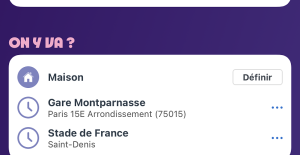 “Public Transport Paris 2024”, the application for Olympic Games spectators, is available
“Public Transport Paris 2024”, the application for Olympic Games spectators, is available Spotify goes green in the first quarter and sees its number of paying subscribers increase
Spotify goes green in the first quarter and sees its number of paying subscribers increase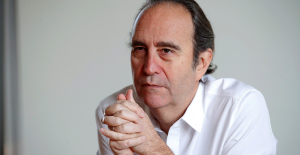 Xavier Niel finalizes the sale of his shares in the Le Monde group to an independent fund
Xavier Niel finalizes the sale of his shares in the Le Monde group to an independent fund Owner of Blondie and Shakira catalogs in favor of $1.5 billion offer
Owner of Blondie and Shakira catalogs in favor of $1.5 billion offer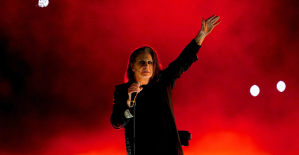 Cher et Ozzy Osbourne rejoignent le Rock and Roll Hall of Fame
Cher et Ozzy Osbourne rejoignent le Rock and Roll Hall of Fame Three months before the Olympic Games, festivals and concert halls fear paying the price
Three months before the Olympic Games, festivals and concert halls fear paying the price With Brigitte Macron, Aya Nakamura sows new clues about her participation in the Olympics
With Brigitte Macron, Aya Nakamura sows new clues about her participation in the Olympics Skoda Kodiaq 2024: a 'beast' plug-in hybrid SUV
Skoda Kodiaq 2024: a 'beast' plug-in hybrid SUV Tesla launches a new Model Y with 600 km of autonomy at a "more accessible price"
Tesla launches a new Model Y with 600 km of autonomy at a "more accessible price" The 10 best-selling cars in March 2024 in Spain: sales fall due to Easter
The 10 best-selling cars in March 2024 in Spain: sales fall due to Easter A private jet company buys more than 100 flying cars
A private jet company buys more than 100 flying cars This is how housing prices have changed in Spain in the last decade
This is how housing prices have changed in Spain in the last decade The home mortgage firm drops 10% in January and interest soars to 3.46%
The home mortgage firm drops 10% in January and interest soars to 3.46% The jewel of the Rocío de Nagüeles urbanization: a dream villa in Marbella
The jewel of the Rocío de Nagüeles urbanization: a dream villa in Marbella Rental prices grow by 7.3% in February: where does it go up and where does it go down?
Rental prices grow by 7.3% in February: where does it go up and where does it go down? Europeans: “All those who claim that we don’t need Europe are liars”, criticizes Bayrou
Europeans: “All those who claim that we don’t need Europe are liars”, criticizes Bayrou With the promise of a “real burst of authority”, Gabriel Attal provokes the ire of the opposition
With the promise of a “real burst of authority”, Gabriel Attal provokes the ire of the opposition Europeans: the schedule of debates to follow between now and June 9
Europeans: the schedule of debates to follow between now and June 9 Europeans: “In France, there is a left and there is a right,” assures Bellamy
Europeans: “In France, there is a left and there is a right,” assures Bellamy These French cities that will boycott the World Cup in Qatar
These French cities that will boycott the World Cup in Qatar Serie A: Bologna surprises AS Rome in the race for the C1
Serie A: Bologna surprises AS Rome in the race for the C1 Serie A: Marcus Thuram king of Italy, end of the debate for the position of number 9 with the Blues?
Serie A: Marcus Thuram king of Italy, end of the debate for the position of number 9 with the Blues? Milan AC-Inter Milan: Thuram and Pavard impeccable, Hernandez helpless… The tops and flops of the derby
Milan AC-Inter Milan: Thuram and Pavard impeccable, Hernandez helpless… The tops and flops of the derby Ligue 2: Auxerre leader, Bordeaux in crisis, play-offs... 5 questions about an exciting end of the season
Ligue 2: Auxerre leader, Bordeaux in crisis, play-offs... 5 questions about an exciting end of the season




